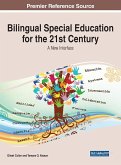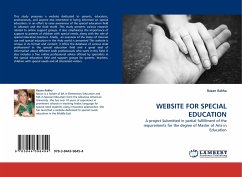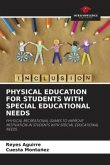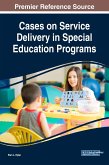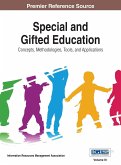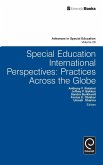This study investigated the ways that the disaggregation of Illinois State Achievement Test (ISAT) scores has impacted the progress and performance of students with disabilities within two central Illinois counties, discovered the interventions taken with this subgroup, and explored the ethical implications of these interventions. The participants were middle school special education and general education teachers, administrators, and support staff. A mixed-methods format with a predominant qualitative approach was used. The needs of students with disabilities were addressed by implementing co-teaching, inclusion, and collaboration between special education and general education teachers. Schools with successful subgroups of students with disabilities also used data-driven instruction, taught test-taking skills, and embedded ISAT practice in daily instruction. Most respondents had no ethical concerns.
Bitte wählen Sie Ihr Anliegen aus.
Rechnungen
Retourenschein anfordern
Bestellstatus
Storno


